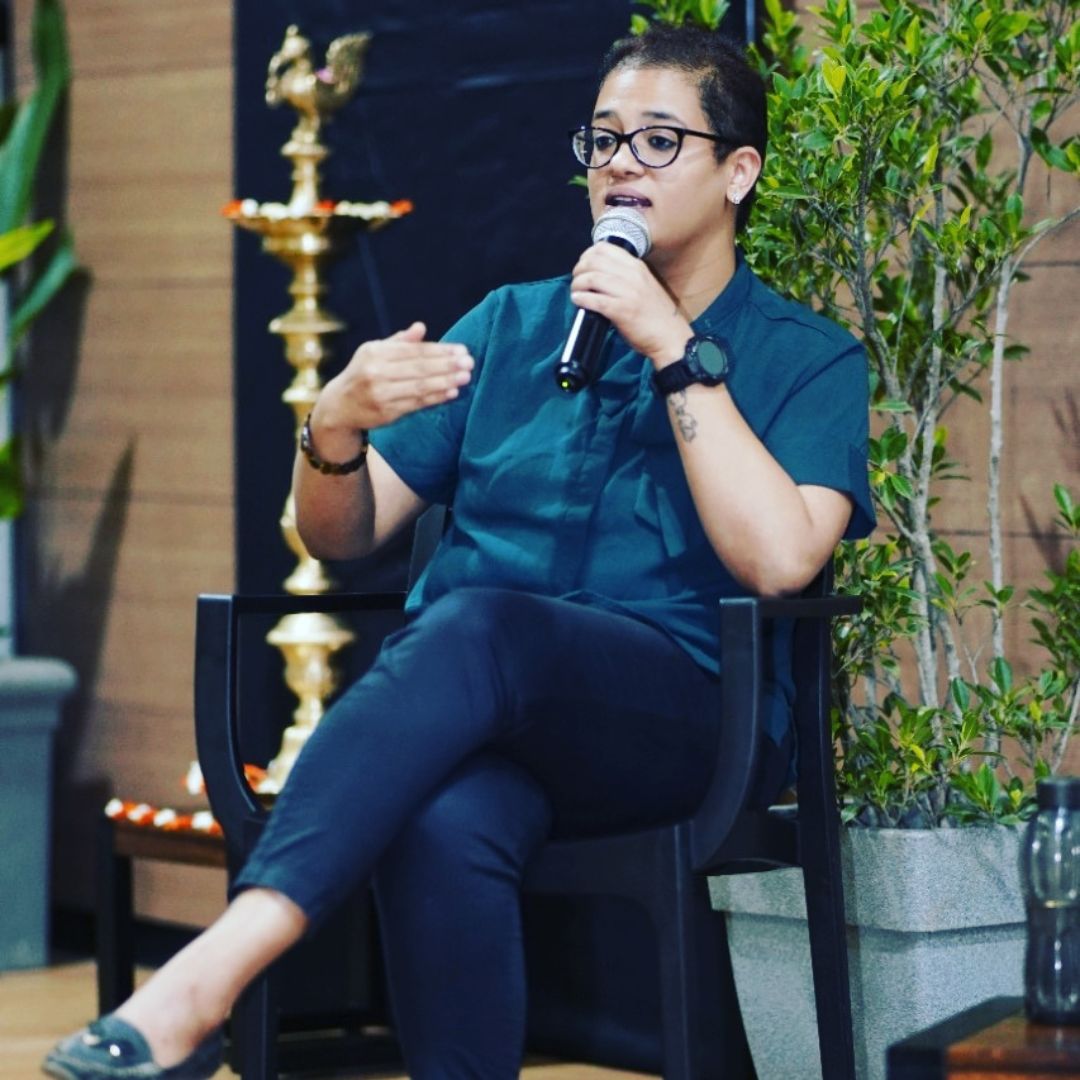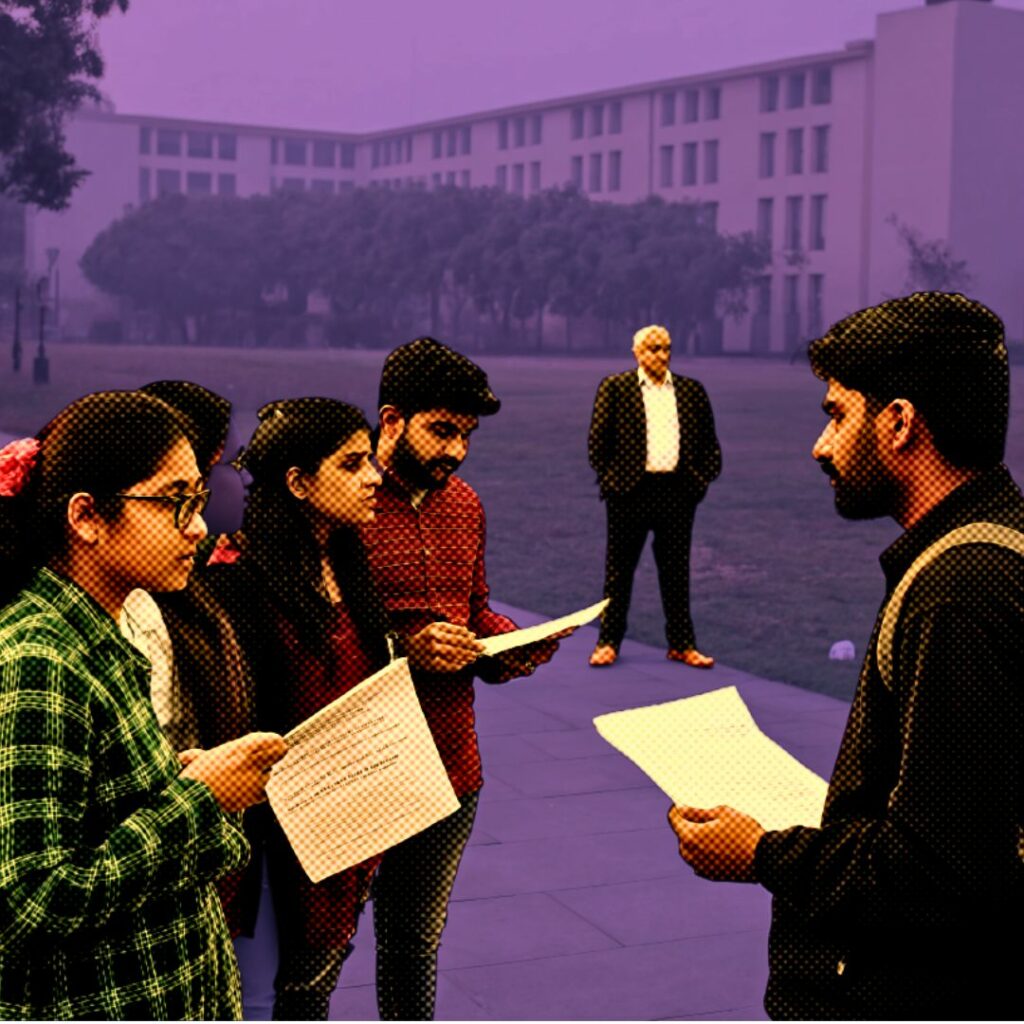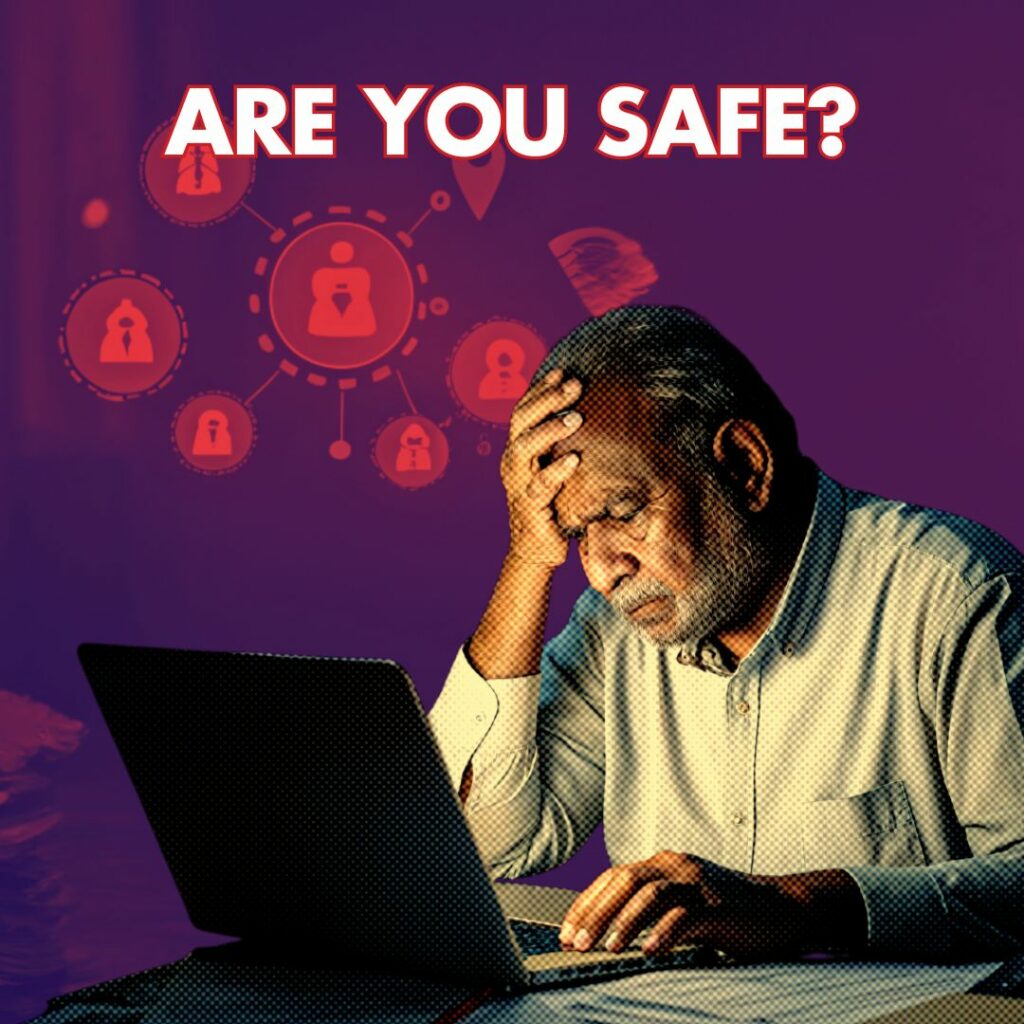Until 2014, I was Sangeetha Param, the girl filled with energy, bubbly, always smiling, making everybody laugh, and the party’s life. At the dawn of a morning in November that year, the hidden, secret side of me was discovered.
That morning I was saturated with feelings of insecurity, worthless, no willpower to life, self-hatred, addicted to self-harm (cutting) on the verge of taking my own life. Gathering courage, I broke down and let my parents witness the troubled side of my life at the age of 20.
My paternal grandmother was diagnosed with schizophrenia as a result of post-partum depression upon the birth of my father. My father quickly connected the dots, having experienced the mental-illness in his mother that he saw in his daughter, and he accompanied me, taking the oath, ‘To provide and to take care of his daughter and help her face a normal life’.
On psychiatric and psychological analysis, I was officially diagnosed with ‘Bipolar Disorder and Borderline Personality Disorder’. This marked my journey from Sangeetha Param-Mentally-Ill patient diagnosed with Bipolar disorder and Borderline Disorder to Sangeetha Param-A Mental Health Survivor.
‘My Childhood Was Ripped Away’
At the tender age of 6-7, I was bullied, which planted the seeds of insecurity, low self-esteem, and worthlessness as I felt I was never good enough. When I was 9, my father was diagnosed with Chronic Myeloid Leukemia, a type of blood cancer, and at the age of 11, the disease progressed, leading him to his death-bed, where he fought for his life. That was the age at which my child-like innocence was ripped away from me, and I was soon an adult learning that death can come knocking at any time and that there is much more to life than materialistic and personal pleasures.
Taking up this responsibility of a caregiver to my father, running a household and caring for my eight-year-old sister came as an unwelcomed guest.
Subjected to sexual assaults and abuse, I became a victim of trauma uncalled for. This resulted in unhealthy coping mechanisms of self-harm (cutting), crying, and depression, which made my teenage years the most challenging phases as my peers found me an attention-seeker and a loser.
I kept this a secret for nine years, unable to open up and share as I began blaming myself for the incident. As days went on, the low self-esteem and self-hatred convinced me that I was responsible and I was punished for my mistakes of petty things like scoring low marks or being a rebel, back-answering my parents. The first time I spoke about it was with my therapist, and it felt like a huge weight was lifted off my back.
As a kid being the elder sibling, I always believed I had to be strong, set an example for my sister, should never burden my parents, etc. But little did I know I was digging my own grave and I was the only one suffering. The trauma made me afraid to walk alone on the streets even during the day, scared of unfamiliar touches, in constant fear. Later, I broke the truth to my parents about the abuse, and they were shocked with sympathy that I had hidden it from them.
Diagnosed With Bipolar Type 2
After many psychotropic analyses, I was diagnosed by my therapist with Bipolar Type 2 (Manic-Depression) and Borderline Personality Disorder. On hearing these terms, I was relieved and for the first time in my life, I felt peace because that was when all my questions and doubts, ‘Whether I was making it up?, whether I was the trouble-maker?, whether I was the problem?, were answered.
My family took up this diagnosis with the same response to our first physical ailment of Cancer and gave this mental ailment equal importance. They also underwent therapy and still kept their promise to treat me as a normal human being, not as a patient. I sometimes still struggle with depressive episodes, but with intense therapy and medication, the incidents of trauma in the past have now become a learning experience.
Underwent 32 Shock Therapies
I underwent 32 shock therapies, divided amongst the eight years after diagnosis. Having been diagnosed with Type 2 bipolar, I had more episodes of depression than mania. For continuous depression lasting for weeks, the treatment was ECT. The main side effect of ECT is memory loss. Many times, even today, I struggle with basic routines where I don’t remember if I did it or if I had conveyed certain things. I carry a notebook and keep a tab of the things I have to do, which helps me at work and my daily routine.
I started writing about the dark side of depression, the pain, insecurities, and unshed tears in the form of poetry and short essays, which I published as two books, ‘Key to Acceptance’ and ‘Echoes in my Attic’ in 2017 and 2018 respectively.
I decided to publish my work because I wanted to empathise with my readers. In any book store or library, there are self-help books of, ‘How to be Happy’, ‘How to be successful’, but I have never spotted a book that sheds light upon pain. I tried to bring out through the pages empathy that, ‘It is okay to feel low, it is okay to be sad, it is okay not to be okay.’ But also emphasise that ‘It is just a phase which will pass by’ and also to assure that, ‘I am a real person who felt all those feelings, who feel all those feelings and that they are not alone’.
Everybody has shortcomings, but for people with a mental illness, diagnosed or undiagnosed, we are just as normal as anyone else but with a lower resilience to fight certain situations or feelings. That doesn’t make us weak, but it is just a reminder for us to be more aware and acknowledge our weakness and not make it our flaw.
I speak about my mental illness with pride because I want to tell the world that, ‘They are not alone in this!’ The first symptom of depression or any mental ailment is with-drawing and closing up, shadowing our insecurities with a mask with the fear of judgment from society. I want to be a voice to those unheard and assure them that “They are not alone in this battle”.
If you, too, have an inspiring story to tell the world, send us your story at mystory@thelogicalindian.com











